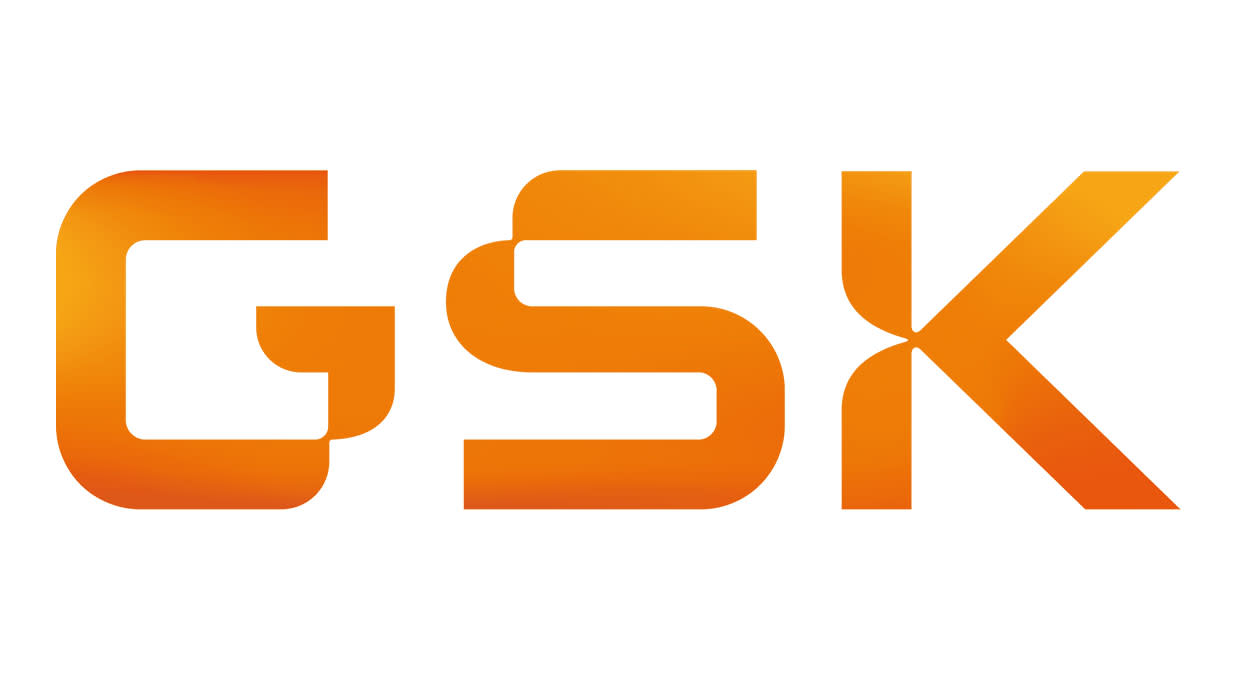GSK has appointed Chief Commercial Officer Luke Miels as CEO designate. He assumes the role on 1st January.
Dame Emma Walmsley, who has led the company since 2017 will remain with the business until September next year.
GSK re-iterated its long-term sales expectation of £40bn by 2031.
The shares rose 3.6% in early trading.
Our view
Investors reacted positively to news of a forthcoming change of leadership at GSK. Luke Miels looks to be a safe pair of hands, and we think Emma Walmsley’s strategic actions leave him a strong platform to build on.
With 15 major pipeline launches planned by 2031 we think GSK’s prospects are strong. In the more immediate future, recovering vaccine sales should support sales growth in 2025 of around 5%.
Elsewhere, the group also has a strong presence in HIV treatments which make up about 20% of total revenues. Its newer HIV treatments are a key part of the story, and they’re seeing some impressive growth. A strong clinical pipeline of next generation HIV therapies should further help bolster GSK’s market position.
Respiratory disease is another key therapeutic focus. Here, GSK has its sights set on improving outcomes for sufferers of COPD, the third leading cause of death worldwide. Meanwhile, Cancer treatment, although relatively small in terms of current sales, is growing rapidly. Recent approvals and launches in new markets mean there are strong growth drivers for the existing portfolio. The development pipeline looks promising.
Net debt has been coming down and currently sits at about 1.3x forecast cash profits, which we don't see as a major concern. Improving underlying cash generation helps support a prospective dividend yield of 4.5% and share buybacks, but remember, no payouts to shareholders can be assured.
Investor sentiment toward the pharmaceutical industry has been damaged this year by rapidly changing and unclear policy in the United States. The most recent twist saw the US slap a 100% levy on imported branded medicines, with the exception of companies building manufacturing facilities in America. We think GSK’s substantial stateside investment commitments should shield investors from this threat.
Pressure on drug pricing looks to be bigger risk but there’s plenty of obstacles to clear if Donald Trump’s proposals are to become law. But the continuing uncertainty means volatility could be higher than usual.
The valuation is significantly less demanding than many of its peers, reflecting relatively modest forecasts and perceptions around its ability to commercialise its research efforts. We see some upside potential if GSK continues to close in on its longer-term ambition. CEO designate Luke Miels has a promising set of products and pipeline assets to help him on his way, but given the risks involved in drug discovery, there can be no guarantee.
Environmental, social and governance (ESG) risk
The pharmaceuticals sector is relatively high-risk in terms of ESG. Product governance, particularly with safety and marketing, and affordable access to treatment are the key risk drivers. Labour relations, business ethics and bribery and corruption are also contributors to ESG risk.
According to Sustainalytics, GSK's overall management of material ESG issues is strong.
There's an independent, board-level, corporate responsibility committee focused on ESG performance and framework and 10% of executive pay is tied to ESG metrics. It's ranked first on both the Access to Medicine Index and Access to Vaccines Index thanks to industry-leading efforts to ensure medicines and vaccines are provided to patients in need. Management practices concerning the transparency of clinical trials are strong, and it's committed to international standards. But despite a strong product safety programme, GSK lacks external quality management certification at its manufacturing sites.
Parties related to the author hold shares in GSK.
GSK key facts
All ratios are sourced from LSEG Datastream, based on previous day’s closing values. Please remember yields are variable and not a reliable indicator of future income. Keep in mind key figures shouldn’t be looked at on their own – it’s important to understand the big picture.
This article is original Hargreaves Lansdown content, published by Hargreaves Lansdown. It was correct as at the date of publication, and our views may have changed since then. Unless otherwise stated estimates, including prospective yields, are a consensus of analyst forecasts provided by LSEG. These estimates are not a reliable indicator of future performance. Yields are variable and not guaranteed. Investments rise and fall in value so investors could make a loss.
This article is not advice or a recommendation to buy, sell or hold any investment. No view is given on the present or future value or price of any investment, and investors should form their own view on any proposed investment.


